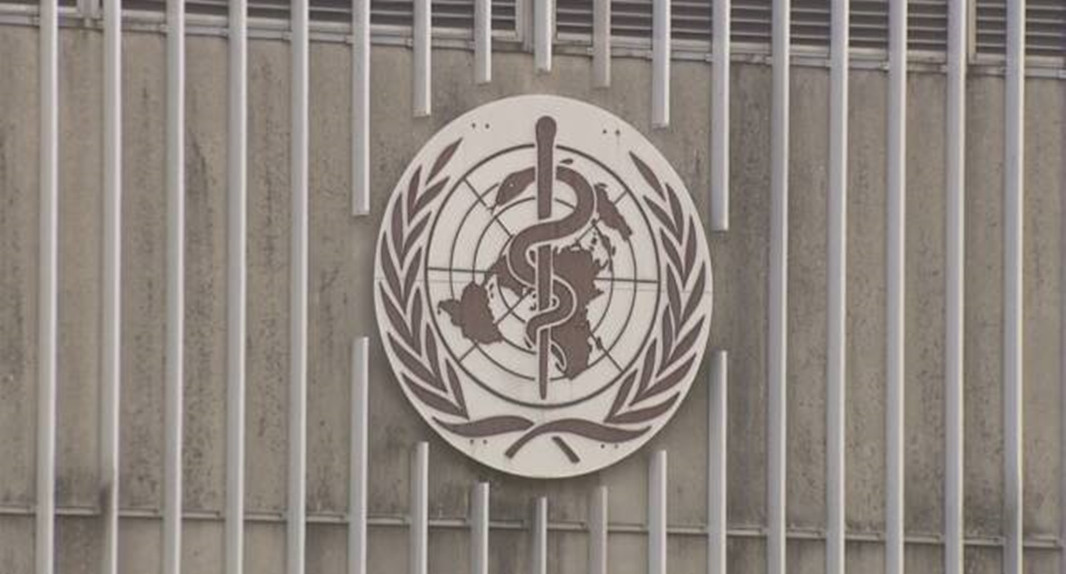No need for poisonous presumption of risk
By Mao Junxiang | China Daily | Updated: 2020-02-20 07:04

On Jan 30, the World Health Organization declared the new coronavirus outbreak in China a public health emergency of international concern (PHEIC) and issued interim recommendations on international cooperation to stop the spread of the disease, but it said that there was no reason to take unnecessary measures to interfere with international travel and trade.
Since the WHO made such a declaration, 102 countries or regions have successively imposed travel curbs on China, most of whom have adopted rational measures that try to strike a balance between health concerns and normal people flows in response to the epidemic, through strengthening people entry detection and management. However, it is still a pity that some countries treat China as a whole epidemic area and have imposed a complete ban on the entry of Chinese citizens or travelers with a record of staying in China. Such measures run counter to the WHO interim recommendations.
In fact, when issuing such temporary recommendations, the WHO does not intend to encourage other countries to take travel control measures against China, but requires all countries to be "prepared to contain the epidemic, including active surveillance, early detection, quarantine, infection cases management, tracking those with close contacts with already-diagnosed patients, and sharing with the WHO available data". When briefing a WHO emergency committee on the new coronavirus outbreak in China on Jan 30, WHO Director-General Tedros Adhanom Ghebreyesus also made it clear that announcing this virus as a PHEIC does not mean it mistrusts China, instead Tedros said that the WHO has confidence in China's ability to continue to control the disease. As a result, the senior WHO official stressed that there is no justification for unnecessary interventions with regard to international travel and trade, and the WHO does not recommend restrictions on trade and the movement of people.
The imposition of entry controls on Chinese citizens or travelers with a record of staying in China violates the "principle of necessity" emphasized in the WHO's interim recommendations. The International Health Regulations emphasize the need for the WHO to strike a dynamic balance between security, trade and human rights. Article 2 of the International Health Regulations clearly state that the purpose and scope of the regulations are to prevent, combat and control the international spread of the disease and provide a public health response in an appropriate manner that addresses public health risks while avoiding unnecessary disruption to international traffic and trade. Article 17 stresses that when issuing interim recommendations, the director-general should consider health measures that, on the basis of a risk assessment appropriate to the circumstances, are not more restrictive of international traffic and trade and are not more intrusive to persons than reasonably available alternatives that would achieve the appropriate level of health protection.
The health and safety measures taken by countries in accordance with the WHO interim recommendations should follow the principle of necessity, and not exceed those taken to avoid or reduce health risks, and they should not involve unnecessary disruptions to trade and travel. In fact, 50 countries, including Germany, France and the United Kingdom, currently only adopt immigration detection and management measures, which shows that a complete entry ban is not an urgent measure necessary to ensure their domestic public health security.
The imposition of an entry ban on Chinese citizens or travelers with a record of staying in China also violates the principle of "no insult" and "no discrimination "as stipulated in the WHO interim recommendations, which stresses that in accordance with the principles contained in Article 3 of the International Health Regulations, all states are requested not to take actions that may foster insult or discrimination. Paragraph 1 of Article 3 stipulates that these regulations shall be implemented with full respect for human dignity, human rights and fundamental freedoms.
Nondiscrimination is the basic principle of human rights protection. Some countries have adopted "one-size-fits-all" entry control measures against Chinese citizens, which is actually a "poisonous presumption" that discriminates against the Chinese people. Not all Chinese citizens are infected with the novel coronavirus.
As the WHO interim recommendations stressed, the international community should follow Article 44 of the International Health Regulations and undertake to collaborate with each other to determine the origin of this new virus and its full potential in interpersonal transmission, prevent possible imports of infection cases and conduct research to develop necessary cures.
The only way to overcome the novel coronavirus outbreak is for all countries to work together in a spirit of solidarity and cooperation, and take effective health measures based on scientific principles, scientific evidence and other relevant information, which will help us win the final victory against the epidemic.
The author is executive director and professor of human rights research center, Central South University. The views don't necessarily represent those of China Daily.























